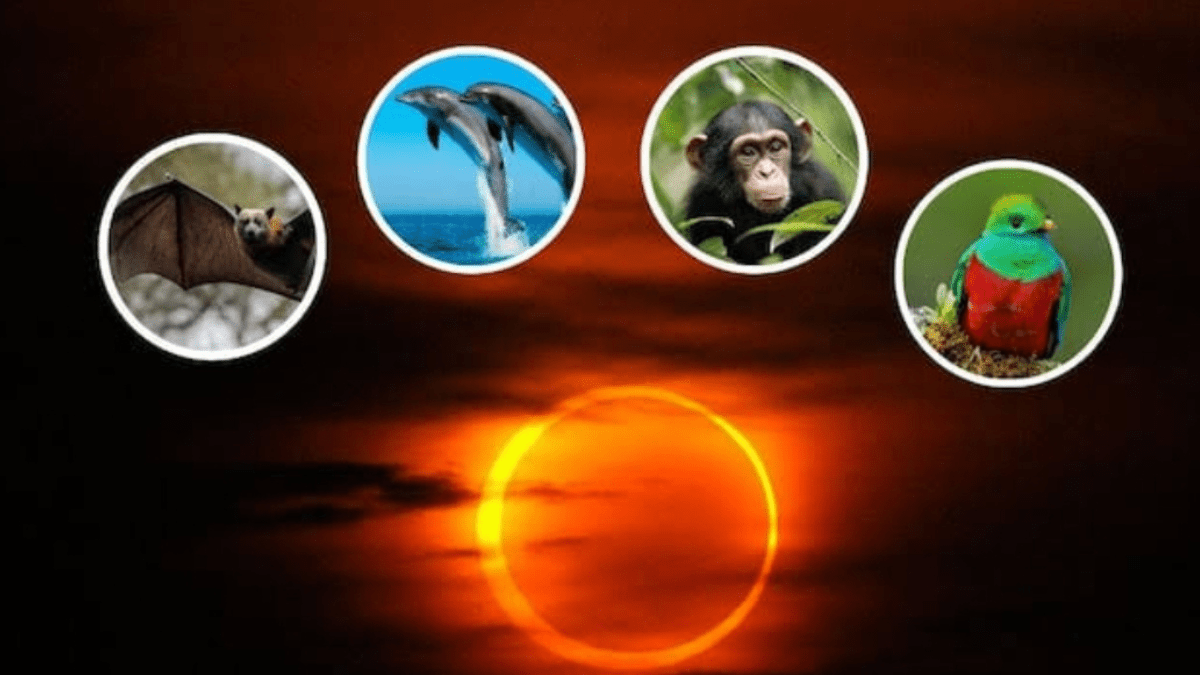Animals who were nocturnal had distinct daylight behaviors. During the day, two species of owls and a ringtail cat were more active.
Tens of millions of people watched the amazing celestial sight that was the solar eclipse on April 8, igniting a solar eclipse frenzy across North America.
On that day, there were numerous festivals, viewing parties, and large-scale marriages. In the midst of this, experts have reported that peculiar behavior was shown by flamingos, gorillas, lions, macaws, and giraffes during the eclipse.The effects of total eclipses on animals are mostly unknown because they occur infrequently.
On Monday, scientists studied animals at a number of zoos along the eclipse’s path, including the Fort Worth Zoo in Texas.
The lions, lemurs, and gorillas were among the few zoo animals that displayed greater attention and interest than usual. The majority of the animals were peaceful. Most notably, there were no indications of elevated anxiety or tense behaviors that we could find. And nearly immediately after totality ended, things returned to normal.Many exhibited traits that are only seen at night, such as approaching barn doors.
The creatures that went to their barns included gorillas, giraffes, elephants, kudu, coatis, bonobos, and Aldabra tortoises.However, nocturnal animals exhibited distinct daylight behaviors. In the Texas zoo, two owl species and a ringtail cat displayed higher activity during the day.
Dallas Zoo zookeepers saw giraffes and zebras running around during the eclipse. The chimpanzees in the zoo guarded the outside of their enclosure as a bachelor group of gorillas made their way to the entryway they use each night.An egg was also laid by an ostrich at the Dallas Zoo during the eclipse.
The other birds became quieter before totality. Flamingos and penguins snuggled closely together.According to a zoo official, odd behavior was also demonstrated by birds at the Indianapolis Zoo.
Macaws and budgies, two types of birds that are frequently boisterous at night, went silent and ascended their roosts.Notably, during the 2017 solar eclipse, animals were seen exhibiting similar behavior.
Citing a 2020 study, the outlet claims that 17 species—including birds, reptiles, and mammals—were housed at a South Carolina zoo.
It was stated that, in response to the eclipse, about 75% of species changed in some way. Although a few animals showed signs of fear, the majority of them showed behaviors that are usually seen at night or in the evening.
